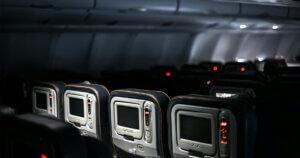
Code Blue
Code Blue in Flight Blog What is a Code Blue in aviation? Code Blue is the term used to refer to time-dependent health incidents, that is, those in which every
Exams are the most feared part of any apprentice. Passing them is the aim of every student as the success means the end of a hard phase that, in this case, gives way to the beginning of the so-desired pilot career.
The profession of airplane pilot requires a very specialized training, both theoretical and practical, that demands a firm and responsible commitment as we are talking of a very competitive sector. Nevertheless, however complex its training might be (with no place for many mistakes when demonstrating knowledges) it is nothing anyone with the necessary requirements to become a pilot an a good training cannot achieve.
The exams every candidate must submit before getting any of the different pilot licenses are those established by the Community Regulations of the Commission on air crew licenses according to the EASA and AESA requirements for the categories named ahead.
These exams are test type, with one correct answer among the four proposed. All the questions asked in them are stored in the ECQB (European Central Question Bank). The minimum score to pass is 75%.
The deadline to submit and pass all the exams is 18 months. It starts counting from the first test you present. In case you decide to present various subjects at once, the time between one exam and another cannot be longer than 10 days. This is what AESA calls “a session”. Thus, you will have 6 sessions, 4 attempts by subject and 18 months to achieve your goal. For all this, when applying for a session, you must analyze what is the most convenient way to group subjects, either by topic, difficulty or because they share tuition fees. In case you don’t succeed in all matters within the applicable time, a new cicle should be started. This new cicle means to go over all subjects again, even those already passed. Tuition fees for these exams are those published by AESA. In WA Flight Academy these fees are included in the price of the airplane pilot course.
The student must pass the internal progress tests before applying for the AESA official exams. The theoretical knowledge exams are those required to demonstrate such knowledge needed to obtain the following licenses and type ratings:
Licenses FCL
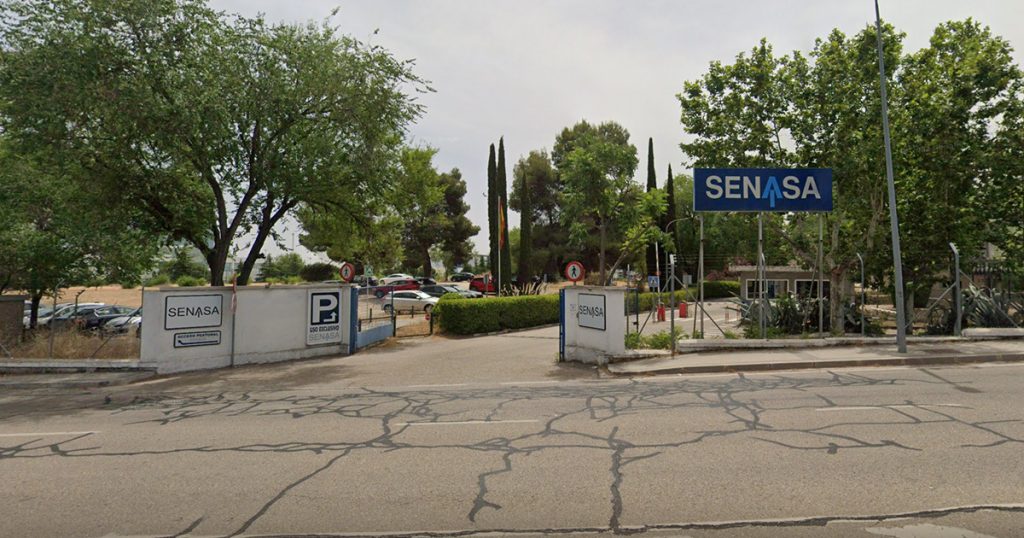
All exams are electronically held in the Authority´s head office the student chooses and in the language selected, except for those tests for which the Authority demands English, as is the case of the ATPL license (Airline Transport Pilot License).
The number of subjects to study and, therefore, exams to pass will depend on how far you want to go in your pilot career. Each license entitles you to act as a pilot in different air operations that go from those merely private with the PPL title, followed by the CPL certificate with which you can act in commercial and non commercial operations (subject to restrictions) and ending with the ATPL license that will allow you to become pilot in command in passenger transport aircrafts.
If you want to become a pilot just to enjoy in a private way, the PPL license will be the one, with 113 hours of teaching load and just 9 subjects:

However, if at the end of this training you discover being a pilot is want you want, you should continue to the CPL title which will be your springboard to the ATPL license. For both, Commercial Pilot License and Air Transport Pilot License, will be necessary to complete a programm of 14 subjects, the 9 mentioned before plus 5 more, in order to deepen in the aircraft and flight operation as well as in the procedures. Although this training consists of 14 subjects, only 13 of them are tested.
There is a time limit for taking the exam for each subject set as follows:
English is the official language in the aeronautical sector and it is the one to be used in all flight communications. For this, to become a pilot you must have an english level good enough to overcome the required OACI exam of Linguistic Competence. The level demanded for plane pilots is a level 4. In World Aviation Flight Academy you may take the exam and, thus, get your competence certificate in the correspondent level (from 4 to 6).
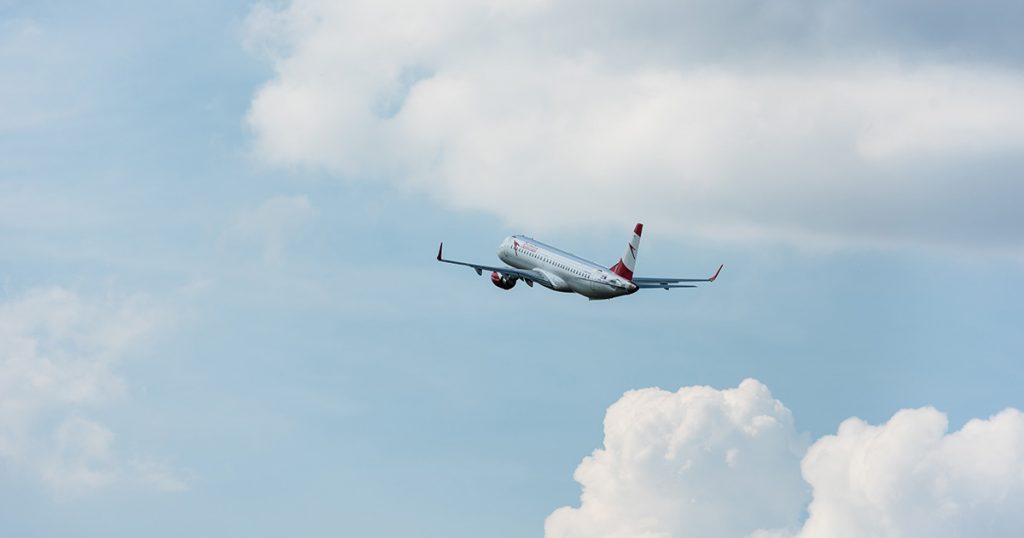
As for any other vehicle, there are some tests, both physical and psychological, that you will have to pass to get a pilot license. The initial medical examination will be more or less thorough depending on the license you want to get. For private licenses the medical certificate is Class II but for professional titles, as CPL or ATPL, you need a Class I. To get your “APT” certificate you must go to the aero-medical centres approved by AESA as these are the only centres authorized to issue such certificates. The Class I certificate should be yearly renovated until you turn 60. From 60 you will need to renew it every six months.
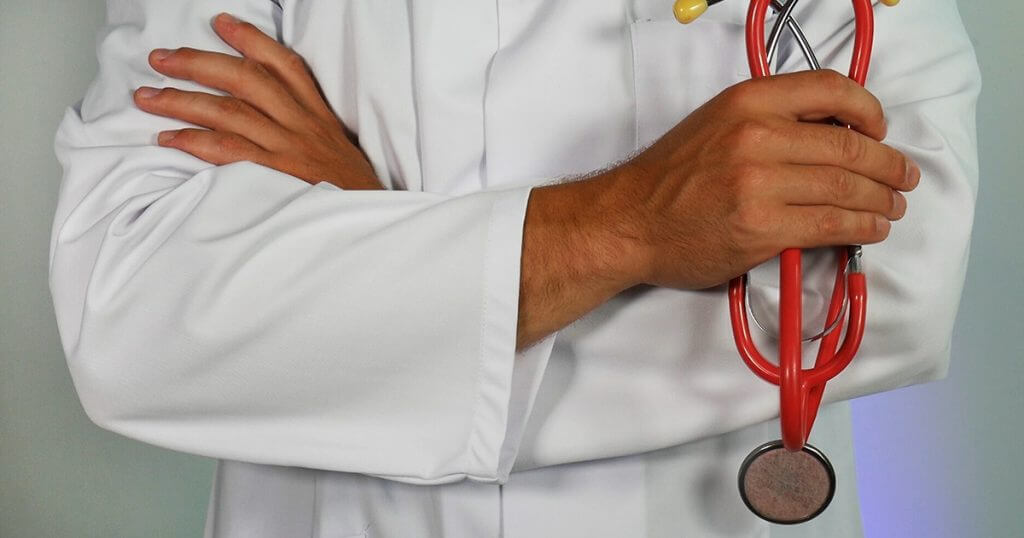
To successfully pass this medical examination you must not have any illness or disability that prevents you from operating a plane in a safe way. Therefore, side effects arising from any ailment will also be taken into account. Thus, in addition to checking your weight, height, tension and pulse, you will have to undergo the following medical checks:
This test takes place every five years until the age of 30. From 30 to 40 will be every two years, to become annual once you turn 41. It analyzes the heart rate to detect any abnormalities that, due to pressure changes that occur in an airplane, may incapacitate the applicant.
To check that lungs do not have any abnormal condition. In case of asthma, a more rigorous test will be performed.
Your nose, ears, throat and mouth will be checked and an audiometry will be done to verify that the hearing is correct for flying a plane safely.
At this initial examination, a complete ophthalmic test will be carried out to determine visual acuity, including the Ishihara test to verify that you don’t suffer colour alteration. If so, you will not be able to apply for professional licenses, but can apply for private licenses with which you may fly under restrictions such as only during the day and without instruments.
In this test your static posture and your balance, with your eyes and mouth open and closed, will be measured. On the other hand, although a specific physique is not required, those pilots whose aim is the Air Force must take into account the size of the cabin as it may be quite small in aircrafts such as combat planes.
To verify the absence of conditions or diseases.
To discard any type of kidney condition and check there are no traces of narcotic substances.
All the same, special attention is paid to the applicant’s psychological profile who will have to pass different tests that prove him/she psychologically qualified to safely operate a plane.
The psychotechnical tests to be passed shall be the following:
In addition, through tests such as the Hamilton Anxiety Scale or the Goldberg Bipolar Disorder Questionnaire, the specialist must certify that there are no neurotic, personality, mood or behavior disorders as well as any disturbance related to the consumption of alcohol or narcotic substances that may result in a “no apt”.
For all this, it is recommended to undergo this medical check-up before enrolling training in order to be sure there’s nothing that may prevent you from achieving your goal.
Our pilot school works for the professional excellence of each student.
We are accompanied by instructors with more than 20 years of experience and state-of-the-art aircraft.
We offer:
Helicopter Pilot Courses
Aeroplane Pilot Courses
Drone Pilot Courses
Flying Experiences

Code Blue in Flight Blog What is a Code Blue in aviation? Code Blue is the term used to refer to time-dependent health incidents, that is, those in which every
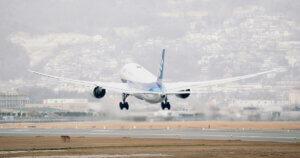
Discover how this ground effect is generated in aircraft and how to control it on a flight if you are a pilot. Learn how to avoid the well-known balloon effect.
You will be up to date with the news at World Aviation Group.